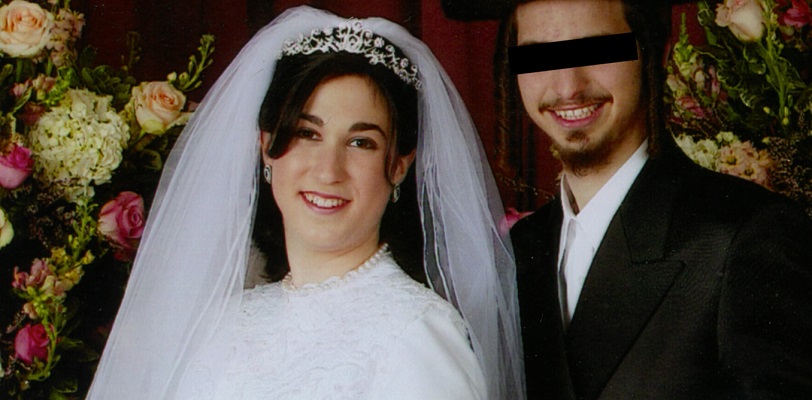There’s a new show on the BBC called Extreme Wives with Kate Humble. It offers viewers like Humble – who describes herself as a “white middle-class woman growing up in Britain … enormously privileged … free to make choices, to state opinions, to be independent” – the chance to voyeuristically peer into the lives of women who are her “extreme” opposites.
In the second episode, Humble examines the lives of Haredi women – a strictly Orthodox Jewish sect – and visits Israel, making religious Jewish women’s observance seem exotic. She could have easily interviewed communities in Manchester or London, where there would have been no language barriers. In Israel, she finds women contentedly running large families while also working outside the home. Failing to find the oppression she is looking for within the community, she instead looks for women who have left.
Humble’s series is not the only recent television documentary to focus on the plight of Orthodox Jewish women. One of Netflix’s latest productions, One of Us – released in October 2017 – chronicles a series of tragic stories that come together to paint a very dark picture of the Haredi community. The community we see here is portrayed as monolithic and traumatised by the Holocaust – insular and unforgiving, with a mob mentality. And as all of the people tracked by the film leave the community because they are abused, the film offers two confusing messages: first, that abuse is (more) rampant in the Orthodox community. And second, that those who want to leave the community only do so because they are abused. This simplistic messaging erases those who leave because they are atheist or reject religious teachings, and it hides the abuse of religious victims who remain devoted to God.
This article by Karen E. H. Skinazi, Academic Practice Advisor at University of Birmingham and Rachel S. Harris, Associate Professor of Israeli Literature and Culture, University of Illinois at Urbana-Champaign can be found at The Conversation.

